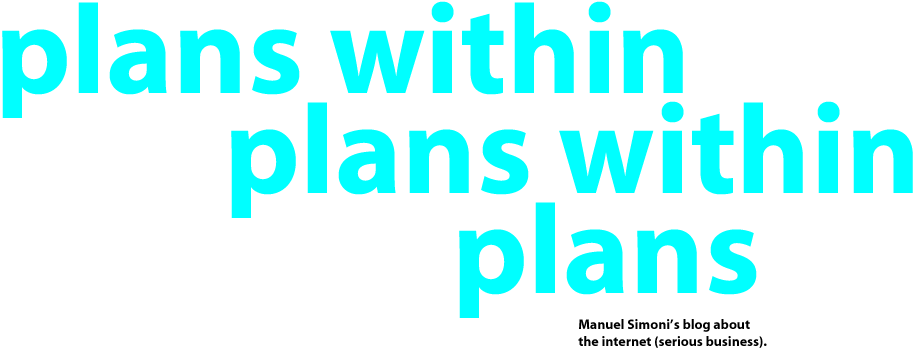The pattern that I've observed repeatedly is that of a visionary who thinks in large terms of how Things Could Be Better. In order to gain support, funding, etc., the visionary feels obligated to make grand promises to sell the vision. Hype and bandwagoning follow. The hard work to realize the desired benefits takes more attention span than the hypesters and bandwaggoners, who were hoping for a Quick Win and a Big Payday. Their enthusiasm turns to frustration, and The Bubble Bursts. The trade press consensus is that the the vision is unrealistic, and attention turns to The Next Big Thing After That.
Meanwhile, seeds continue to germinate (and to interact with other contemporary big ideas in unexpected ways). After sufficient time, the true long-term benefits of the original ideas begin to emerge into routine practice, although in specific forms that nobody - including the original visionary - predicted.
I still don't have a flying car, but our 'Net connected cell phones and Blackberries far surpass the capabilities of Dick Tracy's "2-Way Wrist Radio".
2009-12-22
Joel Neely on LtU:
2009-12-18
Alex Payne ftw:
In a perfect world we’d like every tweet to have its own key value store for whatever metadata [developers] want.
2009-12-12
This week in user control
Facebook: Setting a new standard in user control
Apple: United States Patent Application: 0090265214: Advertisement in Operating System
Apple: United States Patent Application: 0090265214: Advertisement in Operating System
the user may be prompted to press a certain button or keypad key in order to confirm that they are paying attention
2009-12-11
Get into my bubble
Does Scoble get the internet?
He seems to operate under the old paradigm where everybody knows/reads/uses the same services (he knows/reads/uses).
He seems to operate under the old paradigm where everybody knows/reads/uses the same services (he knows/reads/uses).
2009-12-05
Does anyone have a good explanation as to why Google would buy a real-time text editor for a price in the low eight figures?
I guess it's a patent thing.
I guess it's a patent thing.
Tags:
dear lazyweb
2009-12-04
Move over, Google

[Y]ou can now run pretty much entirely on a Google stack.I think the internet is big enough for Google and everybody else.
This is a totally vertically integrated single source solution to the Internet.
(Worried About the Googlenet)
A scenario:
- The real-time web will level the playing field for news access. (No more crawling.)
- Something like Salmon will tie together distributed conversations.
- Hypermedia-enabled microdata will flow freely among hosts.
- WebFinger will provide web-wide single sign-on and service rendezvous.
- Everybody can store the web on his USB drive.
- No more lock-in in evil silos.
- Ecosystem of competing clients/user interfaces.
- Millions of database-indexed copies of the Giant Global Graph.
2009-12-02
The sign of a platform, its gravitas, macho-ness comes from the possibility of developers eclipsing the platform itself with utility and coolness. — Dave Winer
2009-12-01

As I was originally an industrial designer, I would analyze those games while I played them, trying to figure out what it was about the way the games were put together that made them enjoyable and made people want to play them again.
And basically, I concluded that this was born of the players being mad at themselves. So I would try to analyze how the game made players feel that way. — Shigeru Miyamoto
Subscribe to:
Posts (Atom)


